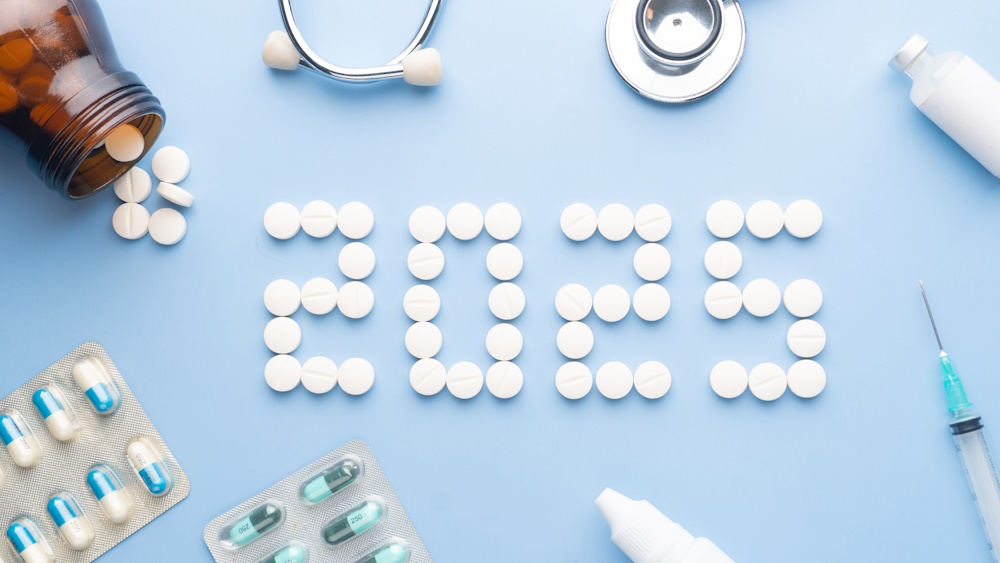
What To Do When You Can’t Swallow Your Pills
If you have trouble swallowing pills, you’re not alone. A survey by Harris Interactive reported that 40% of American adults have difficulty swallowing pills, even though most have no problems with food or liquids. Of those who experience difficulty swallowing their medications, 14% have delayed taking their meds, 8% have skipped a dose, and 4% have discontinued using their medication altogether.
There can be several reasons why you have trouble swallowing your pills.
- Gag reflex. Swallowing a solid substance like a pill without chewing feels unnatural. So it may trigger your involuntary gag reflex, which protects you from choking.
- Anxiety. Fear of choking, discomfort or bad-tasting medicine can tense up your throat.
- Past event. Have you ever choked on food? Has a pill gotten stuck in your throat before?
- Medical conditions. Your doctor can rule out medical conditions causing your dysphagia or swallowing trouble. These include motility disorder, strictures, reflux, ulcerations, tumours, esophagitis or spasms.
Regardless of the reason why you can’t swallow pills, it is critical to avoid crushing or chewing your pills. Many pills are designed to be swallowed whole. Extended-release or continuous release pills have a special coating to control how much and how fast the medicine will release into your system. Breaking this surface can cause stomach problems, or even stop the medication from working.
Before you give up, try some of these tips to swallow your pills.
- Before taking a pill, breathe deeply to relax your neck and throat muscles. Or hold an ice cube or ice pop in your mouth to numb your throat and calm your gag reflex.
- Don’t let fear tighten your throat. Have a positive mindset you’ll succeed. Disassociate a prior traumatic experience from taking today’s pill.
- Hide a tablet in soft food like yoghurt and consume both together.
- Drink water to moisten your mouth, expand your throat and then add the pill.
- Flavored lubricating and dry-mouth moisturizing sprays can prevent pills from sticking to your tongue and the roof of your mouth.
- Fill your mouth with water, add a pill and swallow. Try placing a pill on the back of your tongue, drinking water, tilting your chin down toward your chest and swallowing. You can also try putting the pill on the tip of your tongue, drink water and tilt your head back to swallow.
- Fill a pill-swallowing cup halfway with water, place the lid on the cup and drop the pill in the spout. Insert the angled mouthpiece in your mouth, tilt your head back slightly and down the water and medicine together.
If you have tried and tried and just can’t swallow your pills, talk to your pharmacist about alternatives.
- Liquid and powder suspension. Your pharmacy may be able to provide your prescription in liquid form. For some mixtures, you may need to mix a powder with water before taking it.
- Chews. Request tablets that are chewable by design.
- Transdermal patches. Each medicated adhesive patch delivers a specific dose through your skin and into your bloodstream.
- Nasal sprays. Metered sprays provide rapid relief by entering your bloodstream quickly.
- Injections. Your doctor, his/her staff or you may inject medication into your arm. Some liquid solutions require intravenous administration. An IV drip bag will dispense medicine into your bloodstream through a needle injected into a vein. In-office treatment time and repeat intervals vary by prescriptions.
- Suppositories. Rectal and vaginal suppositories melt or dissolve, passing quickly into your bloodstream.
*This article is not to be considered or intended to substitute for medical advice. Please contact your doctor or our pharmacists for more information about your particular situation.








